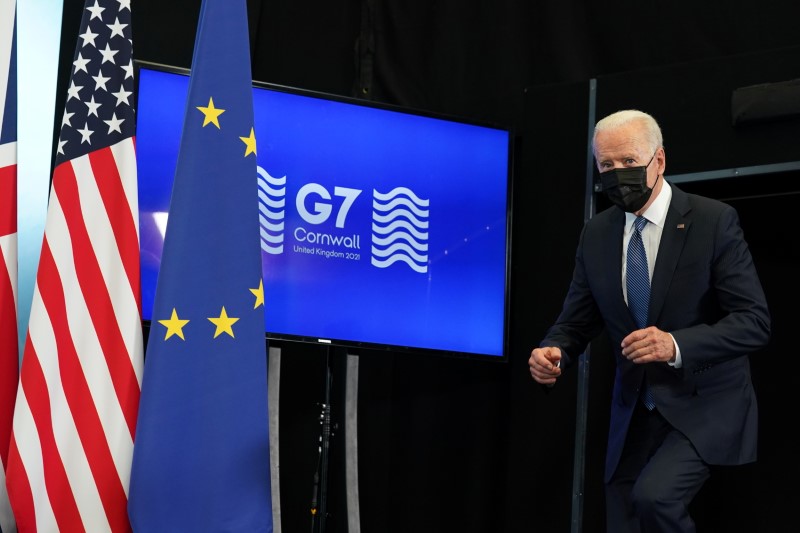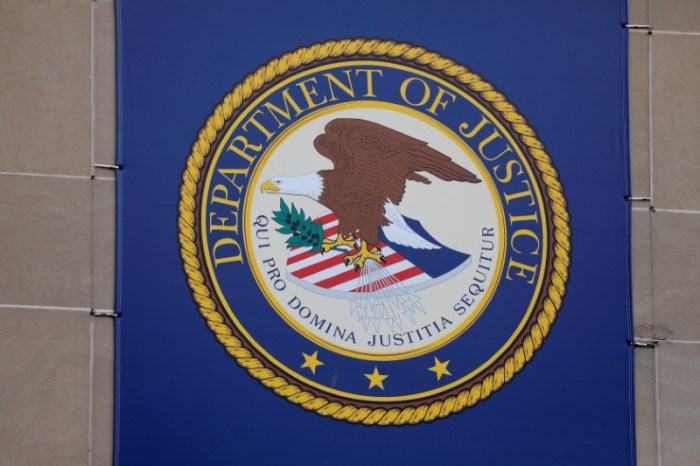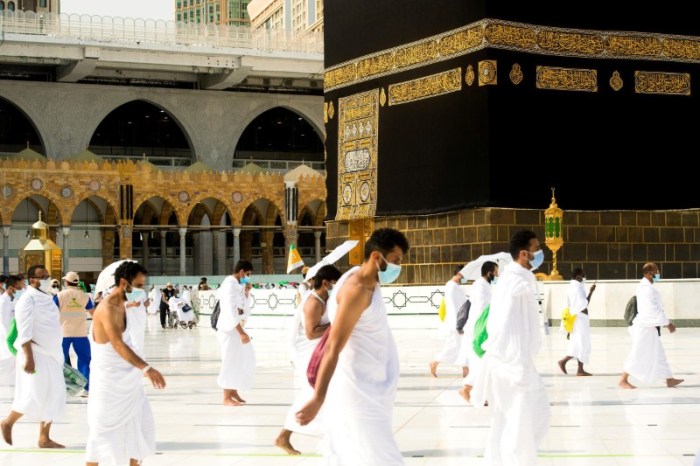NEWQUAY, England, (Reuters) -U.S. President Joe Biden said on Sunday that “autocrat” Vladimir Putin was right to say that relations were at their lowest point in years though he suggested that Russia might be weaker than it seemed and that Moscow had overreached in the Middle East.
Biden used the G7 summit in the English seaside resort of Carbis Bay to argue that the world’s richest democracies now faced an existential contest with “autocrats” that would define the 21st Century.
After attending a NATO summit on Monday, Biden will meet Putin on June 16 in Geneva for a meeting that promises to be a combative encounter after disputes over spying, hacking, election meddling, Ukraine, Belarus and human rights.
Biden, who called the former KGB spy a killer in March, cast Russia as engaging in unacceptable behaviour on a range of fronts but also pointed to Russia’s own “dilemmas” – its post-Soviet economic collapse, what he called overreach in Syria and problems with COVID-19.
Asked why Putin, who has served as Russia’s paramount leader since Boris Yeltsin resigned in 1999, had not changed despite years of Western sanctions, Biden quipped: “He’s Vladimir Putin”.
“Autocrats have enormous power and they don’t have to answer to a public and the fact is that it may very well be if I respond in kind, as I will, that it doesn’t dissuade him – he wants to keep going,” Biden said of Putin.
The two former Cold War foes have had a turbulent relationship for years though relations soured after Putin sought to rebuild some of the clout lost in the chaotic 1991 Soviet collapse and began meddling far beyond Russia’s borders.
U.S. and other Western leaders now see Putin and Xi Jinping’s China as their main strategic threats, though the Kremlin dismisses as fiction almost all allegations against Russia and says the West is gripped by anti-Russian hysteria.
The West casts Russia as a dictatorial kleptocracy governed by a mercurial elite that has involved itself in irresponsible escapades such as the 2014 annexation of Crimea, attempts to meddle in U.S. and European elections, and a series of high-profile espionage and assassination attempts abroad.
Russia says Putin is democratically elected.
RUSSIAN “DILEMMAS”
Biden, though, depicted Russia – whose economy is 13 times smaller than the United States – as weaker than it might be perceived.
“Russia has its own dilemmas, dealing with its economy, dealing with COVID and dealing with not only the United States and Europe writ large, and in the Middle East,” he said.
“Russia has engaged in activities which we believe are contrary to international norms, but they have also bitten off some real problems, that they’re going to have trouble chewing on,” Biden said.
Biden cited Syria as a case in point and an area in which the two powers could work together to find “an accommodation”.
Asked about a Russian statement that Moscow would be ready to hand over cyber criminals to the United States if Washington followed suit, Biden said that was a good sign and “progress.”
Biden said Putin was right that relations were at a low.
“He’s right it’s a low point,” Biden said.
Biden said he had told Putin before being elected he would look at whether the Russian leader had been involved in trying to interfere with the U.S. election.
“I checked it out, so I had access to all the intelligence, he was engaged in those activities,” he said.
(Writing by Michael Holden and Guy Faulconbridge; Editing by William James and Andrew Heavens)


























